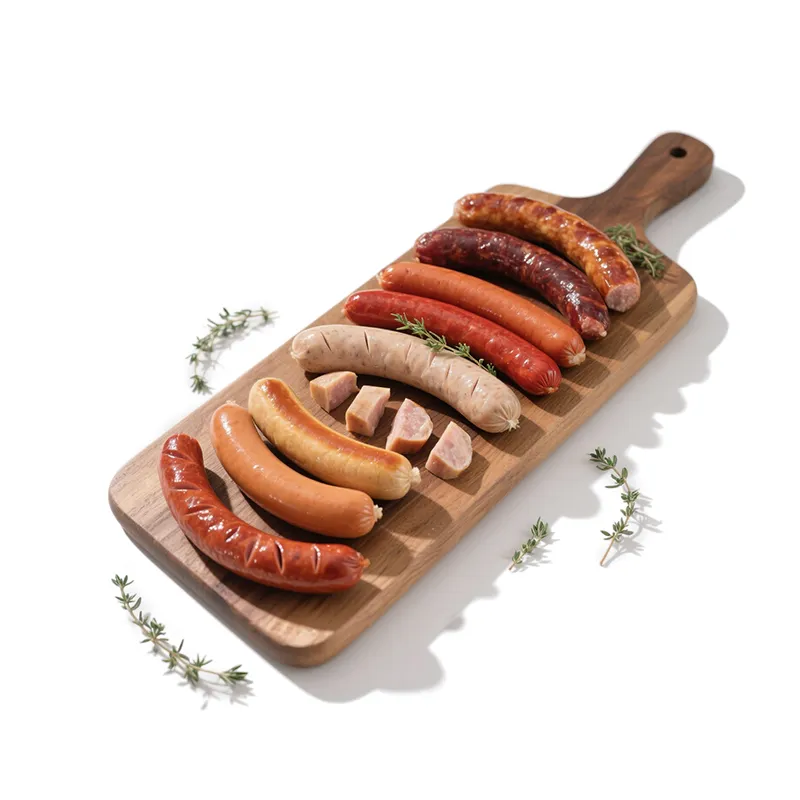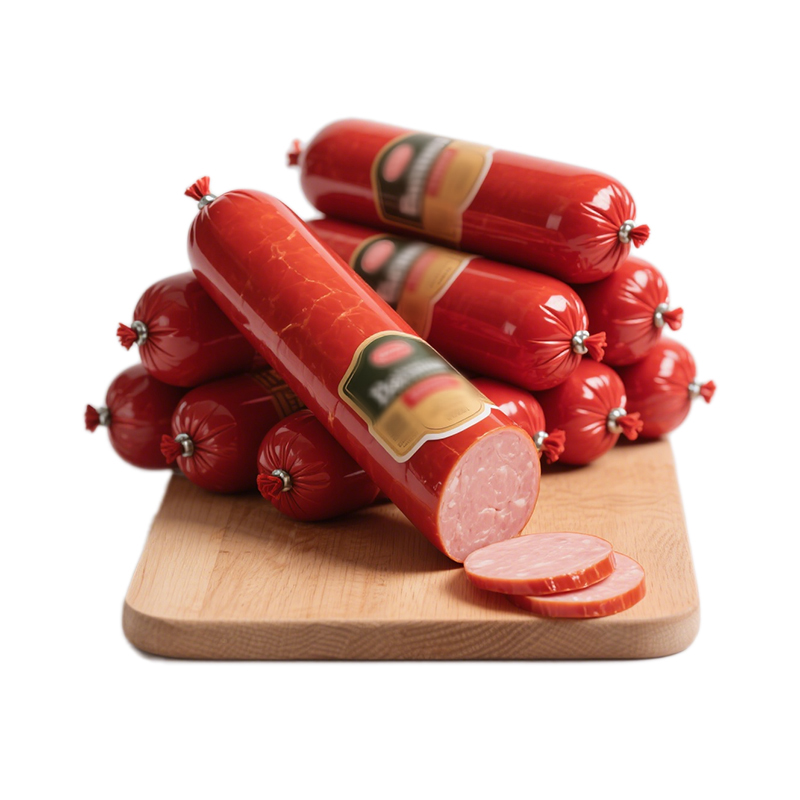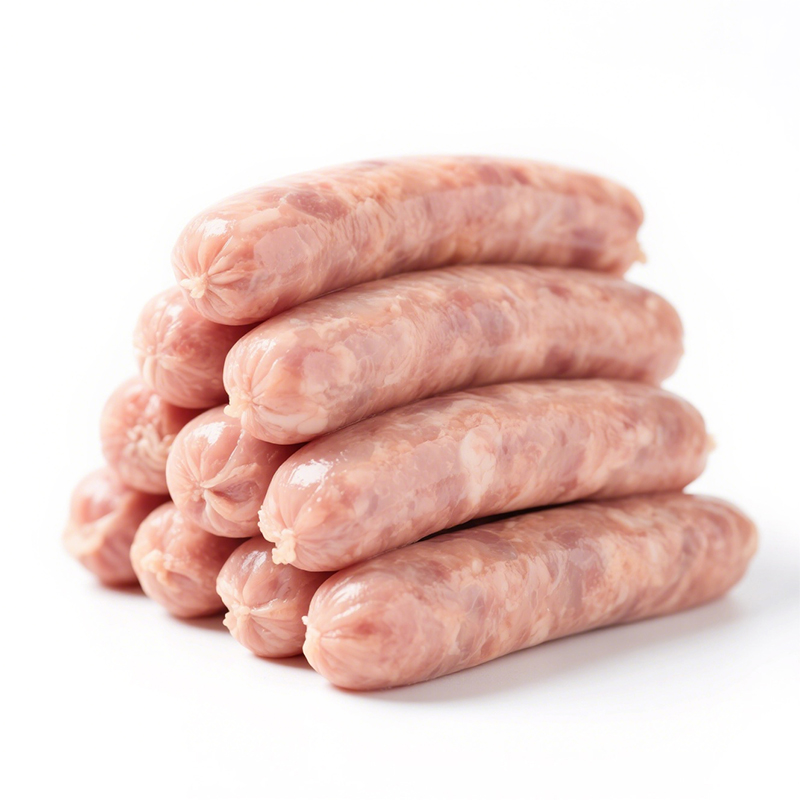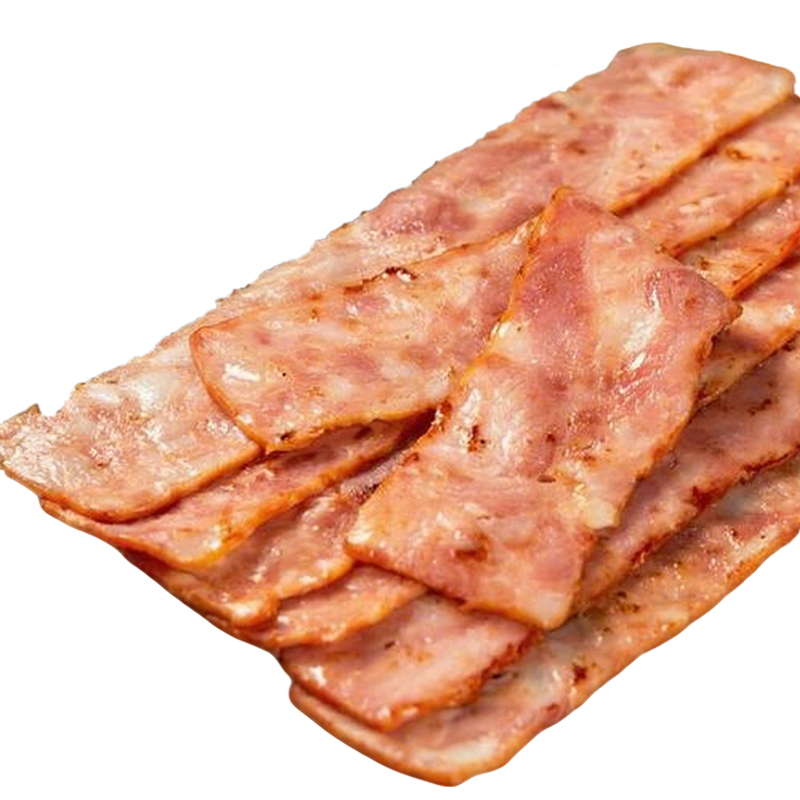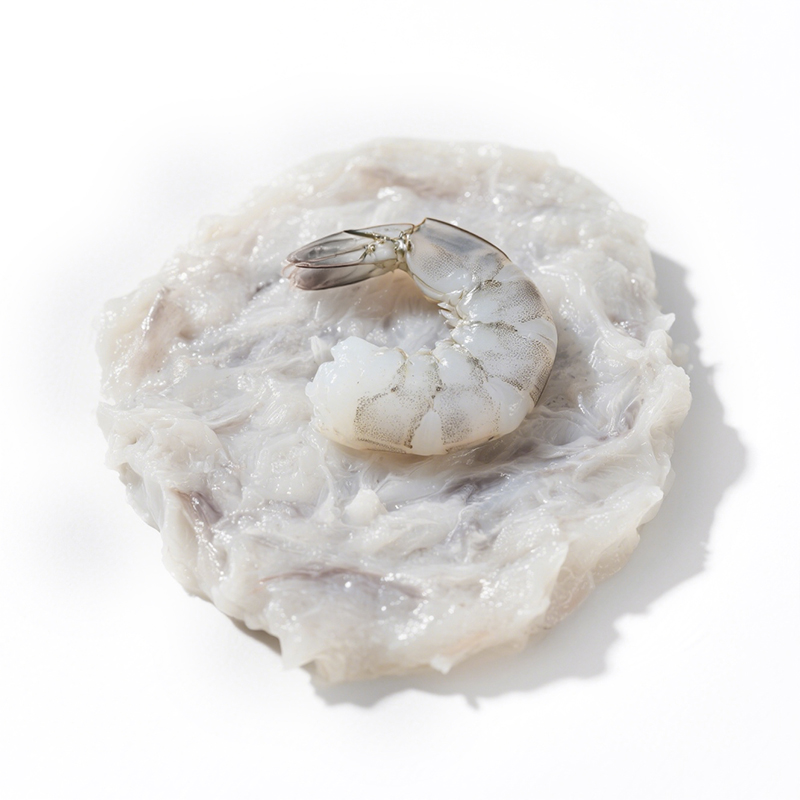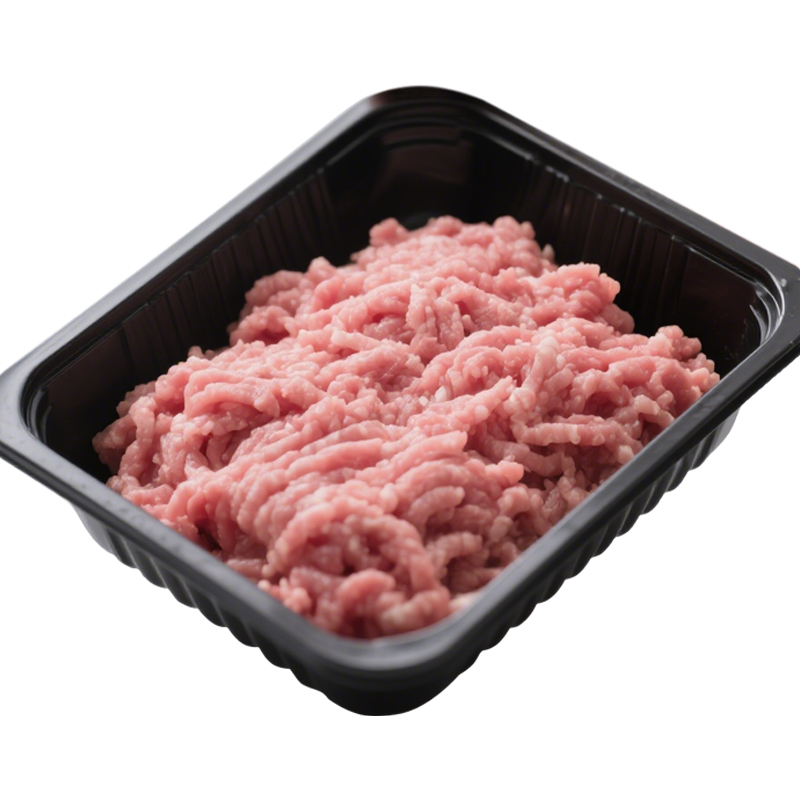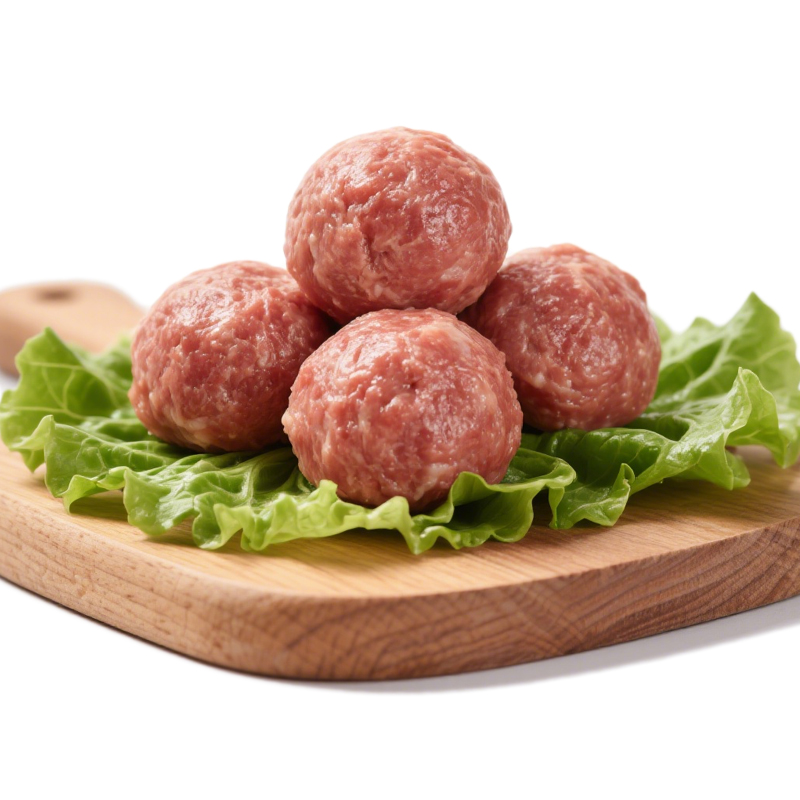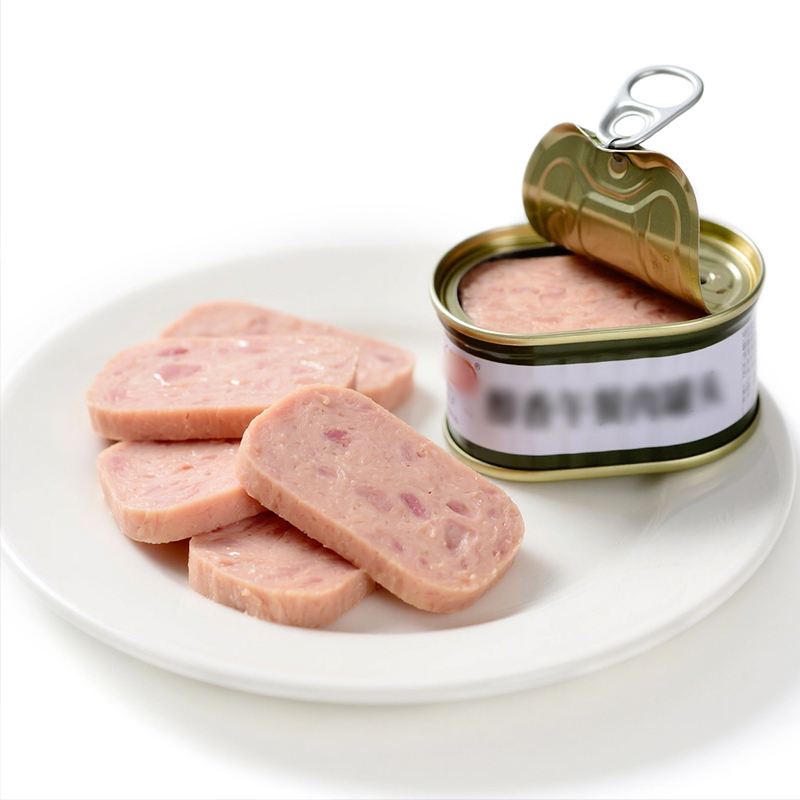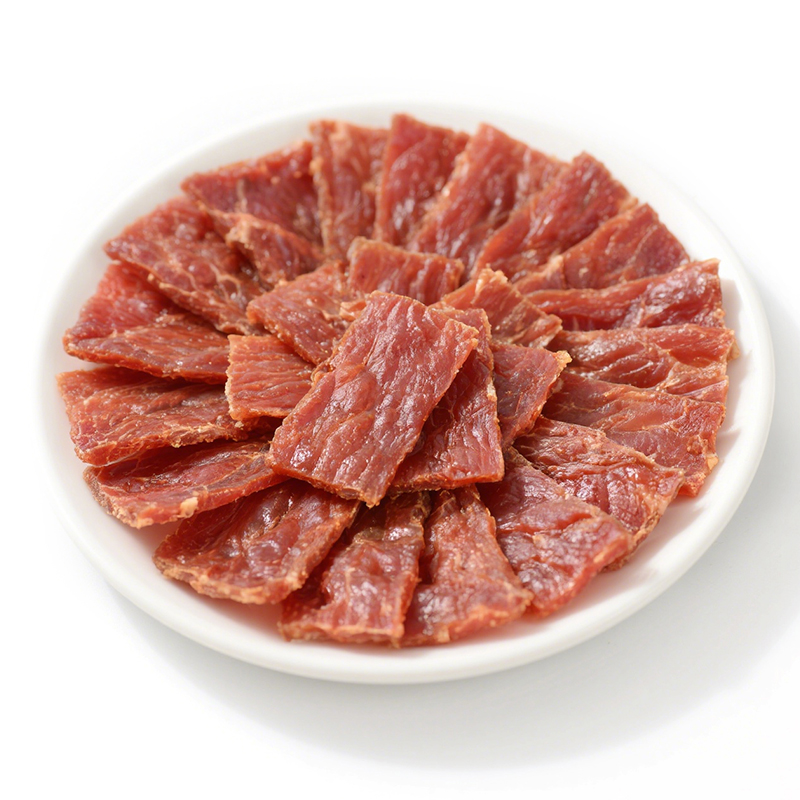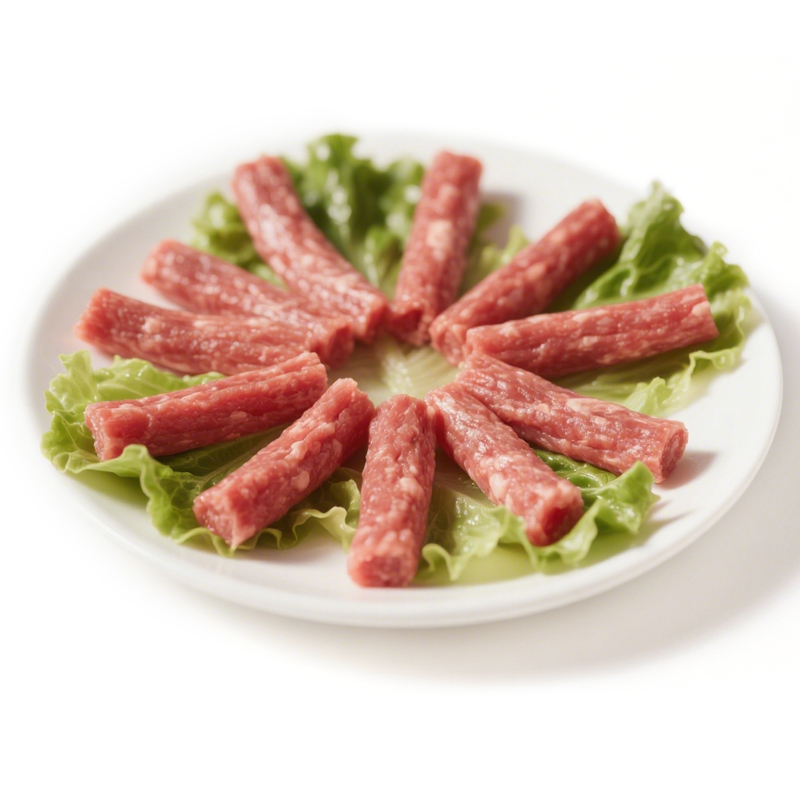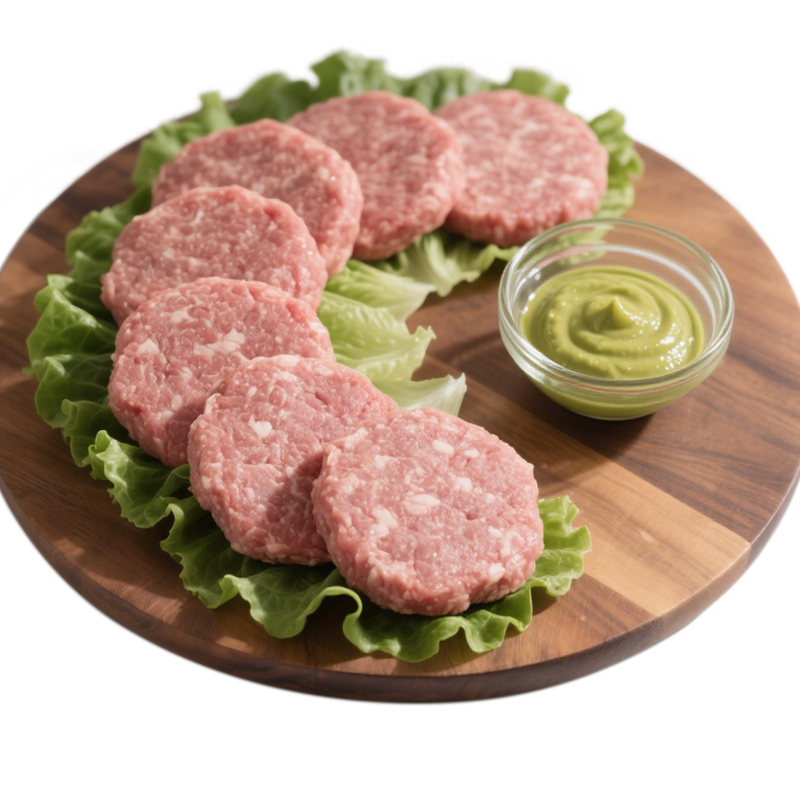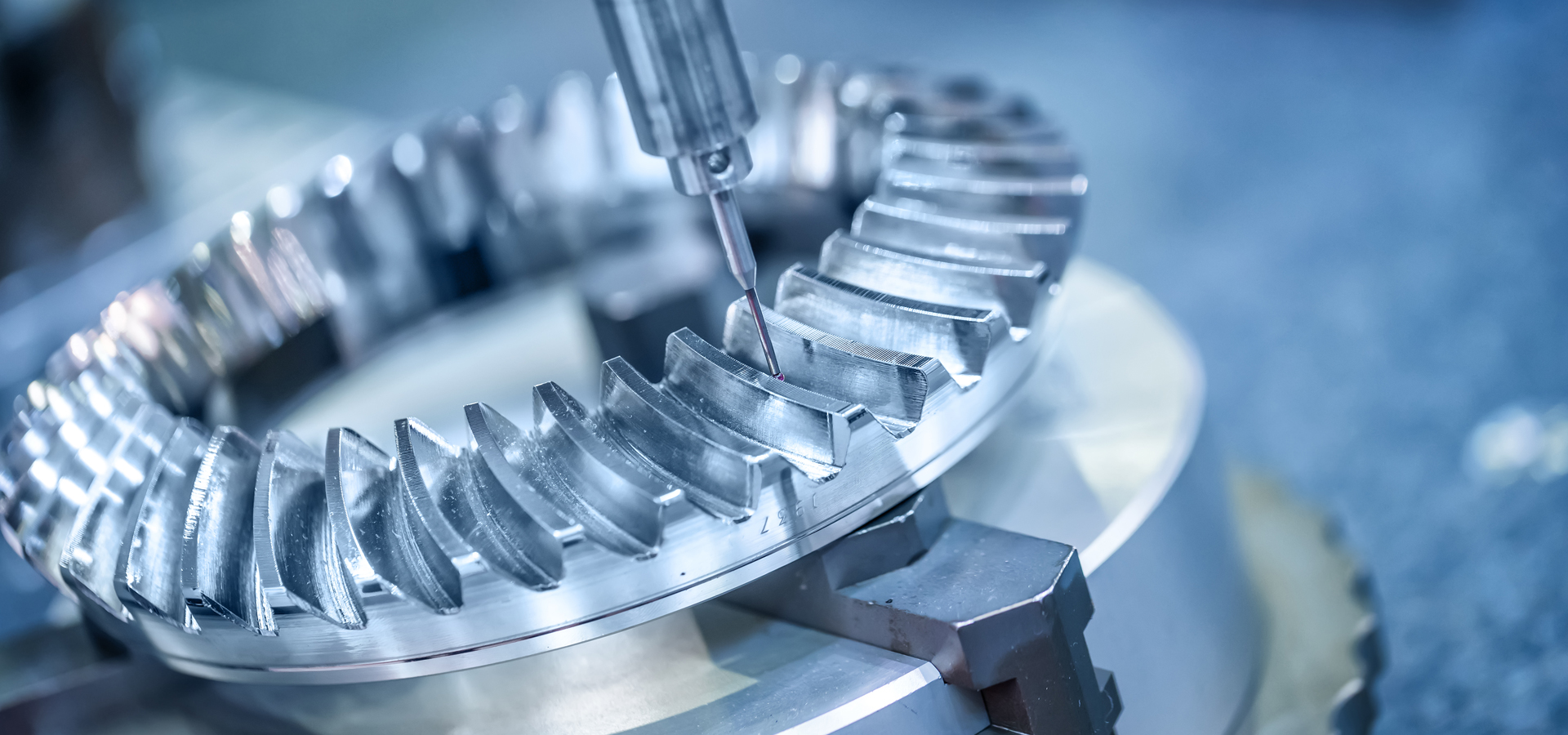Brine injection has become a common practice in the meat processing industry, offering multiple benefits that enhance the quality and appeal of meat products. Here, we explore the key reasons why meat is injected with brine and how specialized equipment plays a vital role in this process.
One of the primary advantages of brine injection is its ability to improve moisture retention in meat. When brine—a solution of water, salt, and sometimes additional flavorings—is injected, it distributes throughout the muscle fibers. This increases the meat's water-holding capacity, resulting in juicier and more succulent products after cooking. For meat processors, machines like the meat brine injector are essential for efficiently injecting brine into large quantities of meat.
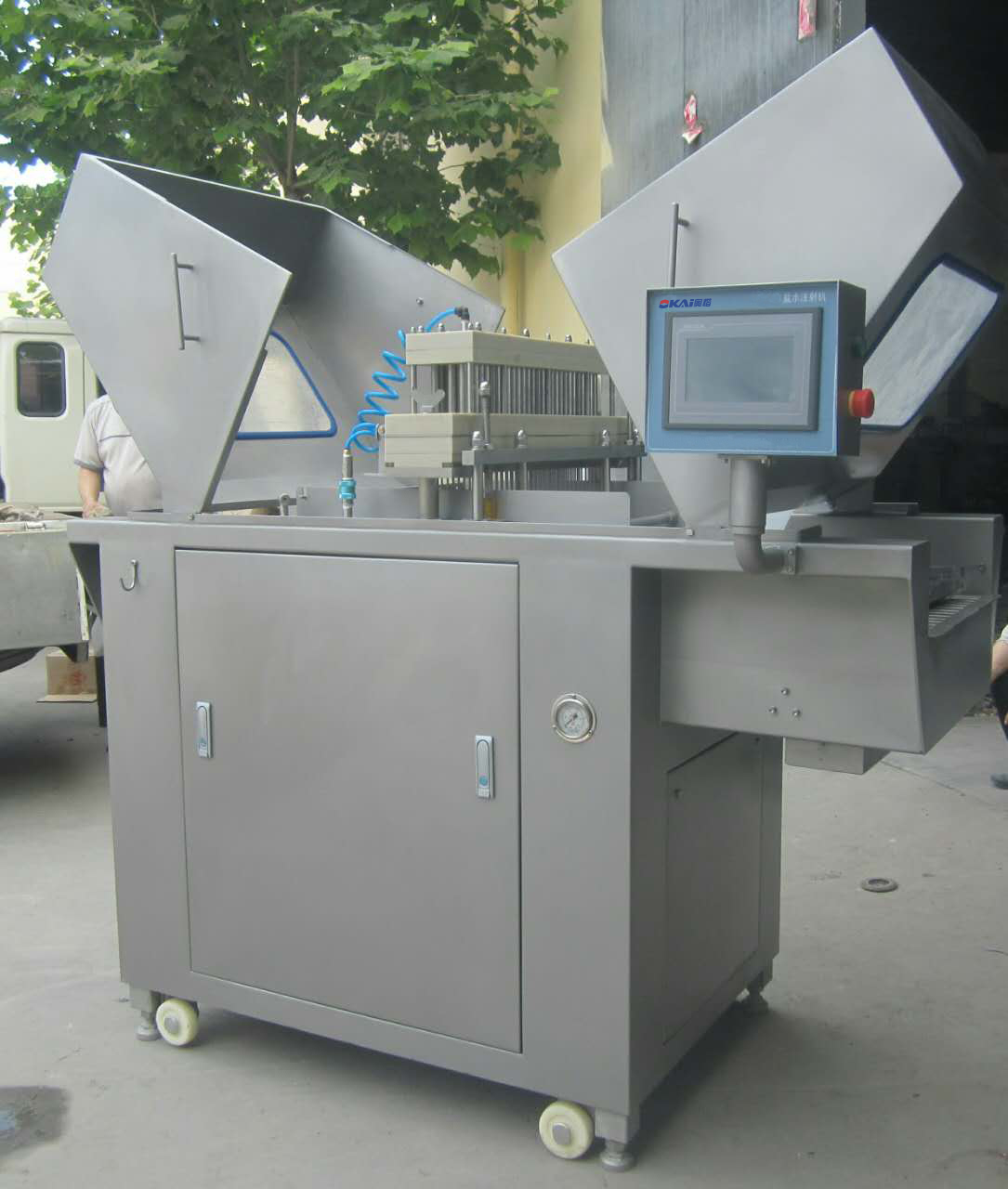
Injecting brine also significantly enhances the flavor of the meat. By allowing seasonings and spices to penetrate deep into the muscle tissues, brine ensures that the flavor is consistent throughout the product. This uniform distribution is crucial for maintaining high quality in processed meats, making the use of meat processing machines like brine injectors a game-changer in flavor enhancement.
Brine solutions can contain tenderizing agents such as enzymes or specific salts that help break down tough muscle fibers. This tenderization process is particularly beneficial for tougher cuts of meat, transforming them into products that are more enjoyable to eat. The combination of brine injection and meat deboners allows processors to create tender, high-quality cuts that appeal to consumers.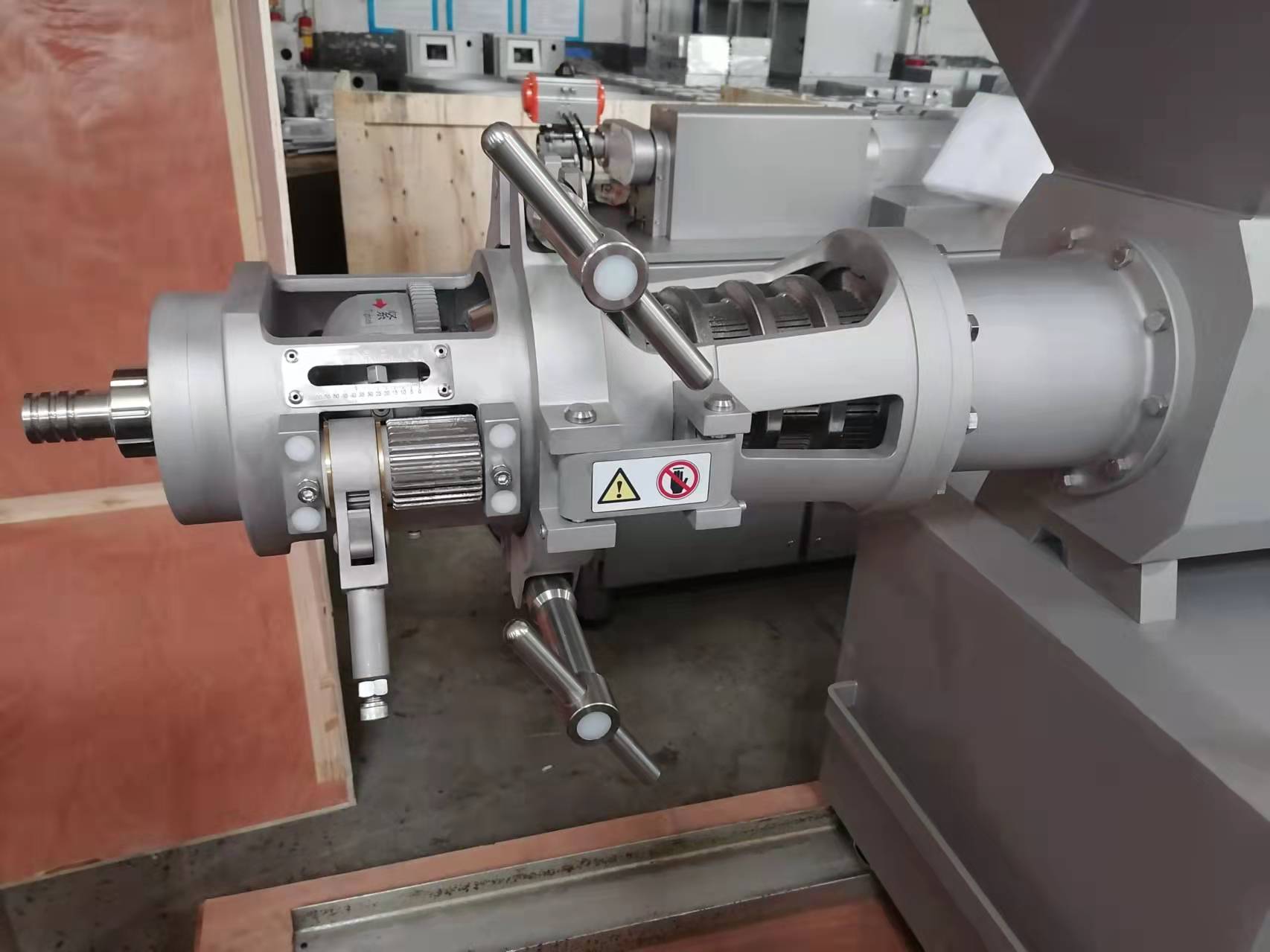
Brine injection offers a cost-effective solution for improving the quality of lower-grade meat cuts. By enhancing the flavor, moisture, and tenderness of these cuts, processors can provide a better eating experience without relying solely on more expensive meats. This is especially important in a competitive market where quality and cost-effectiveness are key. Utilizing machines like the frozen meat flaker, meat dicer, and other processing equipment can further enhance production efficiency.
Another significant benefit of injecting meat with brine is the extension of its shelf life. The added moisture and antimicrobial properties of the brine help prevent spoilage, allowing processed meat to maintain its juiciness and quality over time. This is crucial for the distribution and sale of meat products, ensuring they remain safe and appealing for consumers. Additionally, equipment such as the sausage smoking machine contributes to preserving meat while adding unique flavors.
In conclusion, brine injection is a valuable technique in the meat processing industry, providing improved moisture retention, enhanced flavor, tenderization, cost efficiency, and increased shelf life. For processors looking to optimize their operations, investing in high-quality machinery from reputable manufacturers like Foshan Aokai Machinery Technology Co., Ltd. can make a significant difference in the quality of their meat products.

